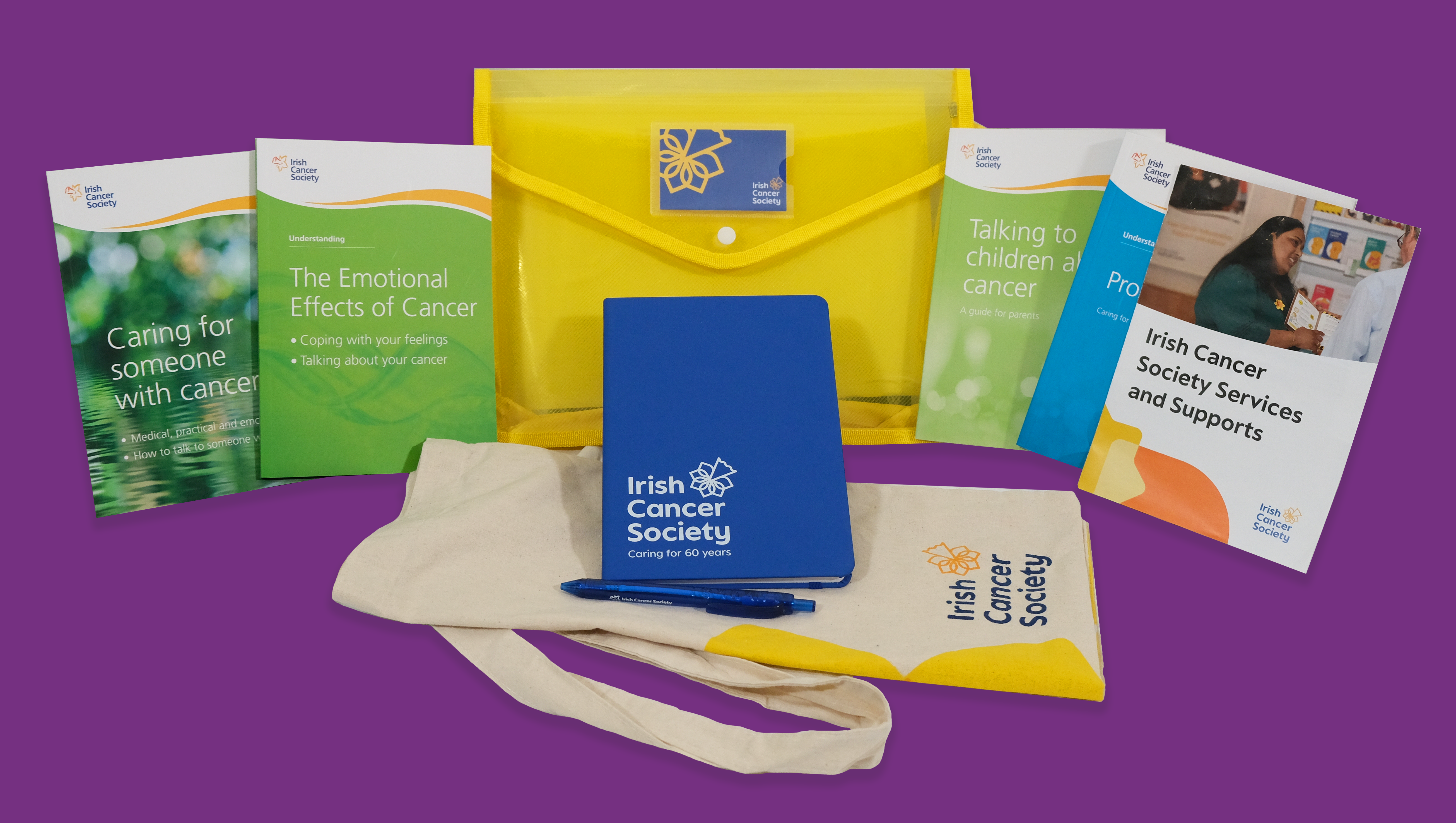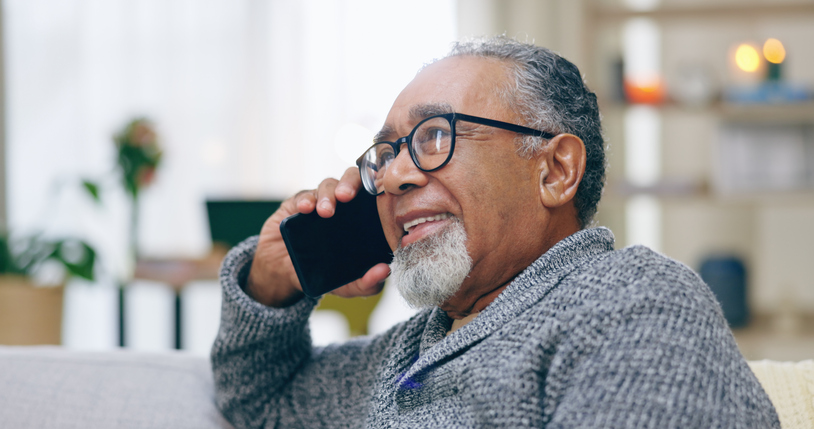Caring for yourself
It can be very difficult to cope with a cancer diagnosis, but there are things you can do to help yourself before, during and after treatment.
How can I help myself?
It can be very difficult to cope with a cancer diagnosis and all the changes that this can bring. Your healthcare team can offer you different types of support, but there are also things you can do yourself before, during and after treatment to help you feel as well as possible.
Eat well
Eating well when you have cancer can help you feel better. It can help you to:
- Keep up your energy and strength
- Reduce weight loss
- Tolerate your treatment better so you can finish your course of treatment
- Cope better with side-effects of treatment
- Reduce your risk of infection and other complications
- Recover better
Read more about our diet advice for cancer patients
Ask to talk to the dietitian at the hospital for advice on the best diet for you. You can also read our booklet, Understanding diet and cancer. To get a copy, call our Support Line on 1800 200 700, visit a Daffodil Centre or download it here
Be active
If you are able, it can really help to be active before and after your treatment. Keeping up or increasing your activity levels can help to:
- Reduce tiredness and some treatment side-effects
- Reduce anxiety and depression
- Improve your mood and quality of life
- Strengthen your muscles, joints and bones
- Reduce your risk of other health issues
Talk to your doctor, nurse or physiotherapist before starting or increasing the amount of exercise you do. They can advise you on the type and amount of exercise that is safe to do.
Quit smoking
If you are coping with a cancer diagnosis, you may find it stressful to quit smoking. However, research tells us that:
- Non-smokers are likely to have fewer or less severe side-effects during cancer treatment. For example, chest infections
- Smoking can reduce how well radiotherapy and some other cancer treatments work
- Quitting reduce yours chance of developing further illnesses
If you would like advice or support on quitting, call the HSE Quit Team on CallSave 1800 201 203 , visit their website or Freetext QUIT to 50100. Some hospitals have a stop-smoking service, with advisors who can help and support you.
Other ways to help yourself
There are many different things you can try, including:
Understanding cancer and its treatment and knowing what to expect can help to relieve anxiety and stress for some people. If it makes you anxious, you could ask a friend to do the research for you and tell you anything important. Make sure you get your information from trustworthy sources like your medical team, the Irish Cancer Society and the HSE.
Don’t keep any worries or physical problems secret from the people closest to you. Ask someone close to you to come with you when you are visiting the doctor and when treatments will be discussed. Your friends and family will be affected by your diagnosis too, so try to talk openly and find ways to support each other.
Don’t be shy about asking for help. Family and friends may not know the best way to help you, so tell them what you need. For example, lifts to the hospital, practical help at home, child-minding or just some company or support. Telling people what you need and how they can help means you will get the right amount of support to suit you.
Therapies like meditation or yoga can help you to cope with stress. Some cancer support centres provide groups to help you learn these techniques.
Accept that you may not be able to carry on exactly as before. Give yourself time to adjust to your new routine.
Sometimes people feel they have to be brave or positive all the time, but it’s normal to have bad days. Get help if you are finding it hard to cope.
Don’t think about the future too much. Concentrate on the present and getting through each day of tests or treatment. That way, you may find it easier to cope with your illness.
Related links



Talk to a Cancer Nurse

Support Line
Our Daffodil Centres

